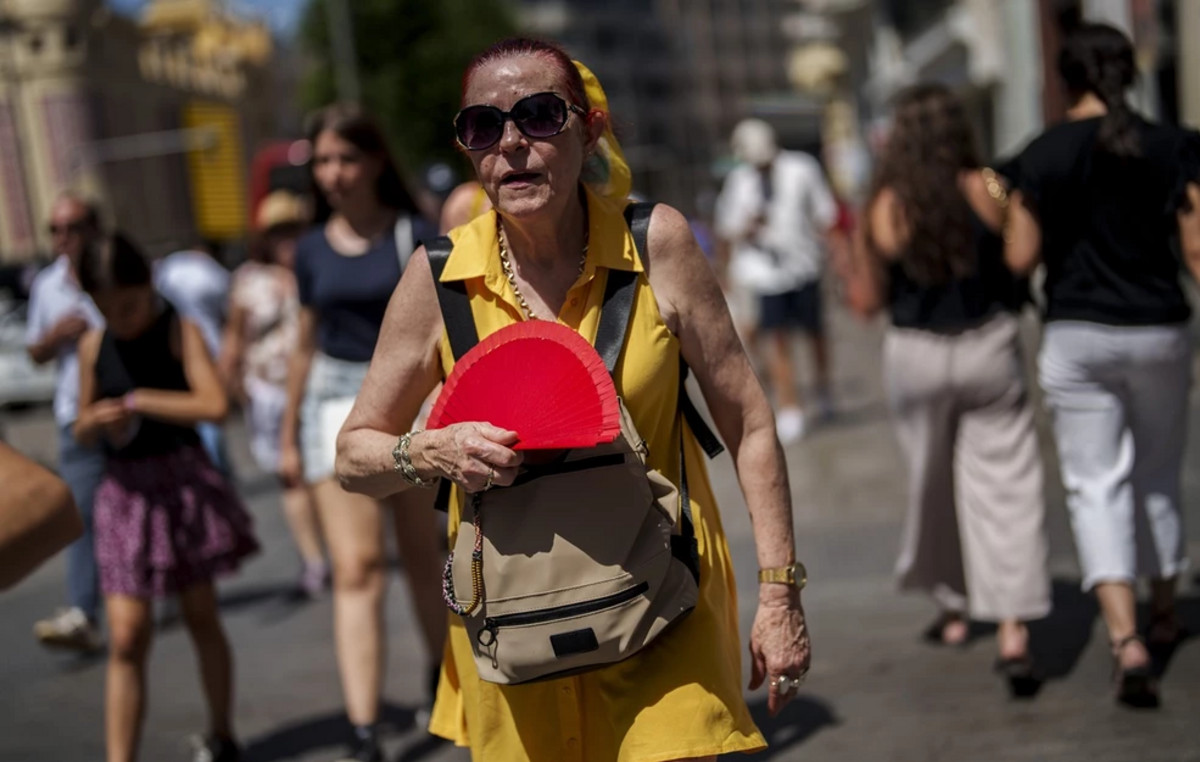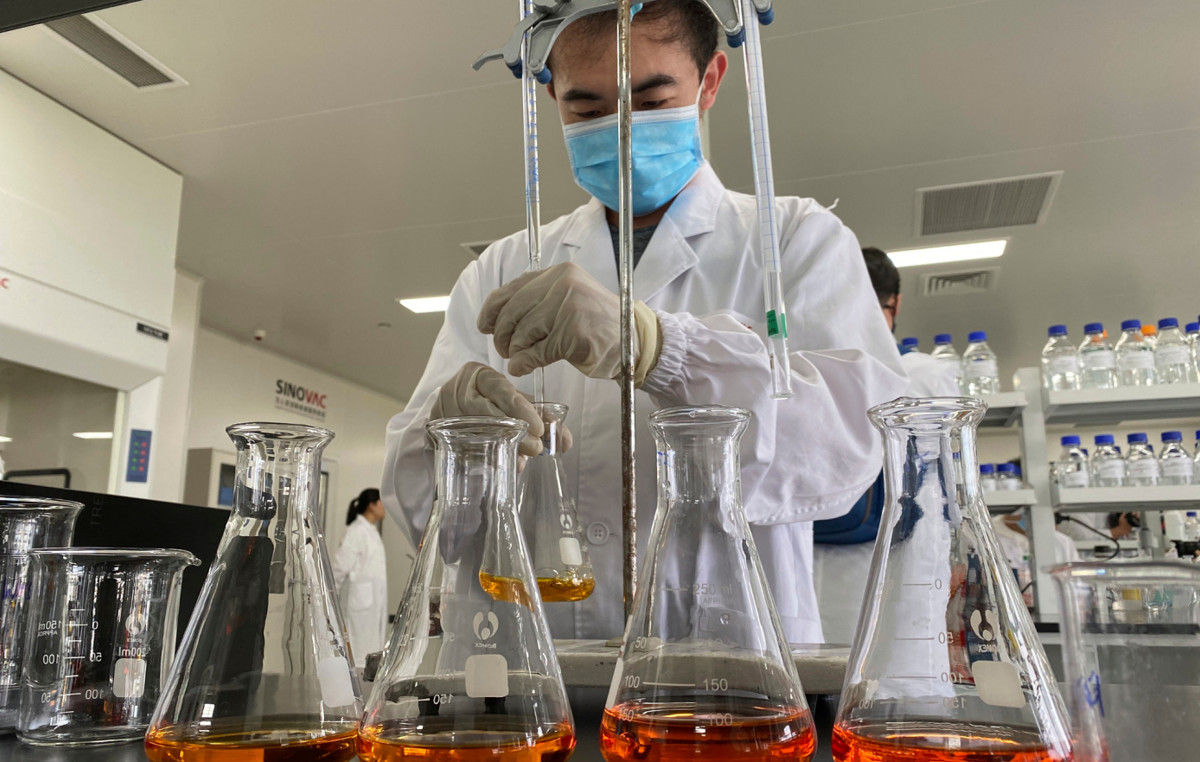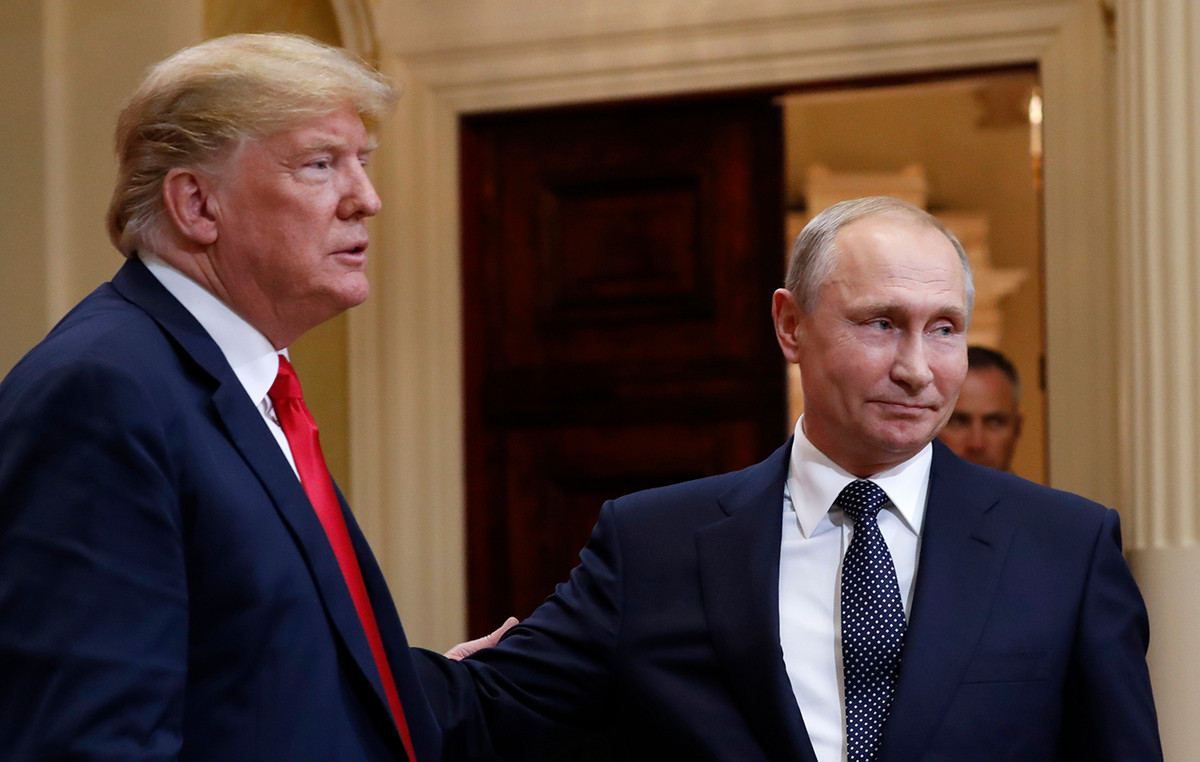As of this Wednesday (3rd), the 644,000 students in the municipal network of Rio de Janeiro must return, necessarily, to classroom classes at the teaching units.
Until then, students could still opt for remote learning, despite 100% in-person classes, without rotation, having resumed in the capital on October 18th.
Now, only students with some type of comorbidity will be able to go online, according to the Municipal Department of Education. For this, the family must present a medical report at the school.
According to the Secretary of Education, Renan Ferreirinha, around 4% of the total number of students had not yet returned to the units in person, nor had they even delivered online activities. He points out that the mandatory return in 1,543 schools is only being possible due to the advance of vaccination against Covid-19.
“There are 25,000 students who have not delivered remote activities in this last two months, nor have they returned in person. We are not going to sit back and think this is normal. It is very important for us to guarantee that all our students have access to education and, for this, the return to the mandatory nature of classroom classes is an important step in this direction. A child’s place is at school”, stated Ferreirinha.
TO CNN, the director of the Center for Excellence and Innovation in Educational Policies at Fundação Getúlio Vargas, Claudia Costin, believes that the decision of mandatory resumption is right. She points out that many children have not progressed in learning for more than a year in the remote period.
“Students who were learning at a distance within the limitations we may have, the lack of connectivity and sending notebooks, evidently are not benefiting fully from everything that a school offers, such as the human relationship with teachers and colleagues. It is worth remembering that entry into school for many children with smaller families is an introduction to the larger society”, he said.
“Furthermore, there is another serious problem, which is the issue of children who did not participate in remote activities because they did not have their parents at home, as they were looking for some source of income. In this case, the children ended up learning nothing or very little in this situation,” added Costin.
The complete resumption of classroom classes in the city’s network began on October 18, with around 300,000 preschool and 1st, 2nd, 5th and 9th grade students. The second stage, implemented a week later, included the other 344,000 students from the 3rd, 4th, 6th, 7th and 8th grades of elementary school, in addition to day care centers and the Youth and Adult Education program (EJA ).
state network
The obligatory face-to-face teaching is already a reality in the state network. The return began last week, on Monday (25). The decision to end hybrid education was taken because most education professionals had the full vaccination schedule.
According to data from the State Department of Education, more than 85% of employees of schools in the network received the second dose of the vaccine or Janssen, administered in a single dose.
Other states, such as São Paulo, also decided for the mandatory return. The difference is that, in the state of São Paulo, full return, that is, with no student rotation, starts to apply this Wednesday (3rd).
Readjustments in private schools
Private schools should wait to readjust tuition fees, as the financial scenario is delicate, mainly due to national inflation, which is at 6.9% in the year.
TO CNN, the vice-president of the Brazilian Association of Early Childhood Education (ASBREI), Frederico Venturini, states that there is no average readjustment agreed between educational institutions.
According to him, at the national level, other aspects must be taken into account, since not all states returned 100% in person.
“In Rio, readjustments in school fees are taking place according to the social and financial scenario for the region of each institution. For example, some of the larger schools readjusted by around 10%, according to the inflation index accumulated in the last year, and indicators such as INPC and IGPM, which are showing high rates”, he said.
“However, it is important to point out that most schools are not managing to readjust tuition fees in line with inflation rates, mainly due to the current economic situation of families. There are private schools located in economically less favored regions, which will readjust the tuition fee around 5% and 6%”, explained Venturini.
Reference: CNN Brasil







